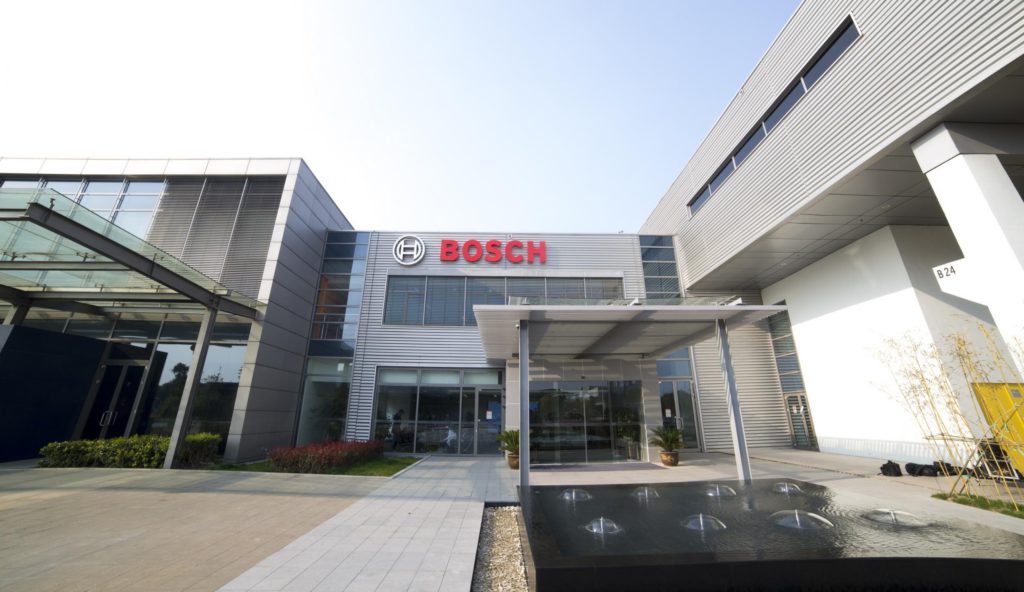Bosch agrees supply and development deal for EV batteries
16 September 2019

Bosch agrees supply and development deal for EV batteries
16 September 2019
Vehicle supplier Bosch is teaming up with Chinese battery manufacturer Contemporary Amperex Technology (CATL) to develop high-performance battery cells.
CATL will design, develop and manufacture electric vehicle (EV) battery cells to Bosch specifications as part of the German supplier’s development of 48-volt hybrid powertrain system, which is used to augment a combustion engine and charge the battery during braking, cutting fuel consumption by up to 15%.
No manufacturing
′We have to understand battery cells, but we do not have to make them ourselves,' says Stefan Hartung, member of the board of management and chairman of the Mobility Solutions business sector. ′With CATL, we have brought an established cell specialist for lithium-ion batteries on board as a partner. In combination with our system know-how and expertise in battery management, we will extend our strong position in the 48-volt battery market.'
Bosch expects that by the middle of the next decade, nearly 20% of new cars sold annually around the world will have a 48-volt system and matching battery incorporated.
Bosch reiterated that it plans to increase its sales from electric vehicle technology to €5 billion by 2025, a tenfold increase.
Growing presence
CATL is building a battery factory in Erfurt, Germany, and has announced partnerships with BMW and Volkswagen.
Bloomberg also recently reported that the supplier is ′in good talks' with Porsche, according to the German carmaker's research and development chief, Michael Steiner. ′They are really catching up,' Steiner commented, adding that he regularly meets with CATL management. Whereas parent company Volkswagen AG already partners with CATL, batteries for Porsche's first all-electric model, the Taycan, are supplied by South Korea's LG Chem Ltd.
CATL's partnership with Bosch cements its place in the heart of Germany's automotive industry and highlights the continued inroads Chinese companies are making into the European automotive industry. Last year, Bosch decided against developing its own battery cells, saying investment in the technology is too risky. It instead suggested that outsourcing was the best business model.
Changing attitudes
Bosch was interested in investing in a new gigafactory, believing that the necessity of such a facility would outweigh any potential cost. It also believed that by 2030, half of the vehicles sold globally would feature some form of electric drive, and therefore to meet future demand, Bosch needed to think about getting involved in the production of batteries.
′Given dynamic external market factors that can only be predicted with difficulty, it is unclear whether this investment would pay off for Bosch, and when,' Bosch said in a statement at the time.
Bosch's portfolio for 48-volt systems extends beyond the 48-volt battery to encompass other system components such as DC/DC converters and electrical machines. With this technology, Bosch aims to gear up all classes of vehicles for future emissions requirements and offer affordable hybridisation.